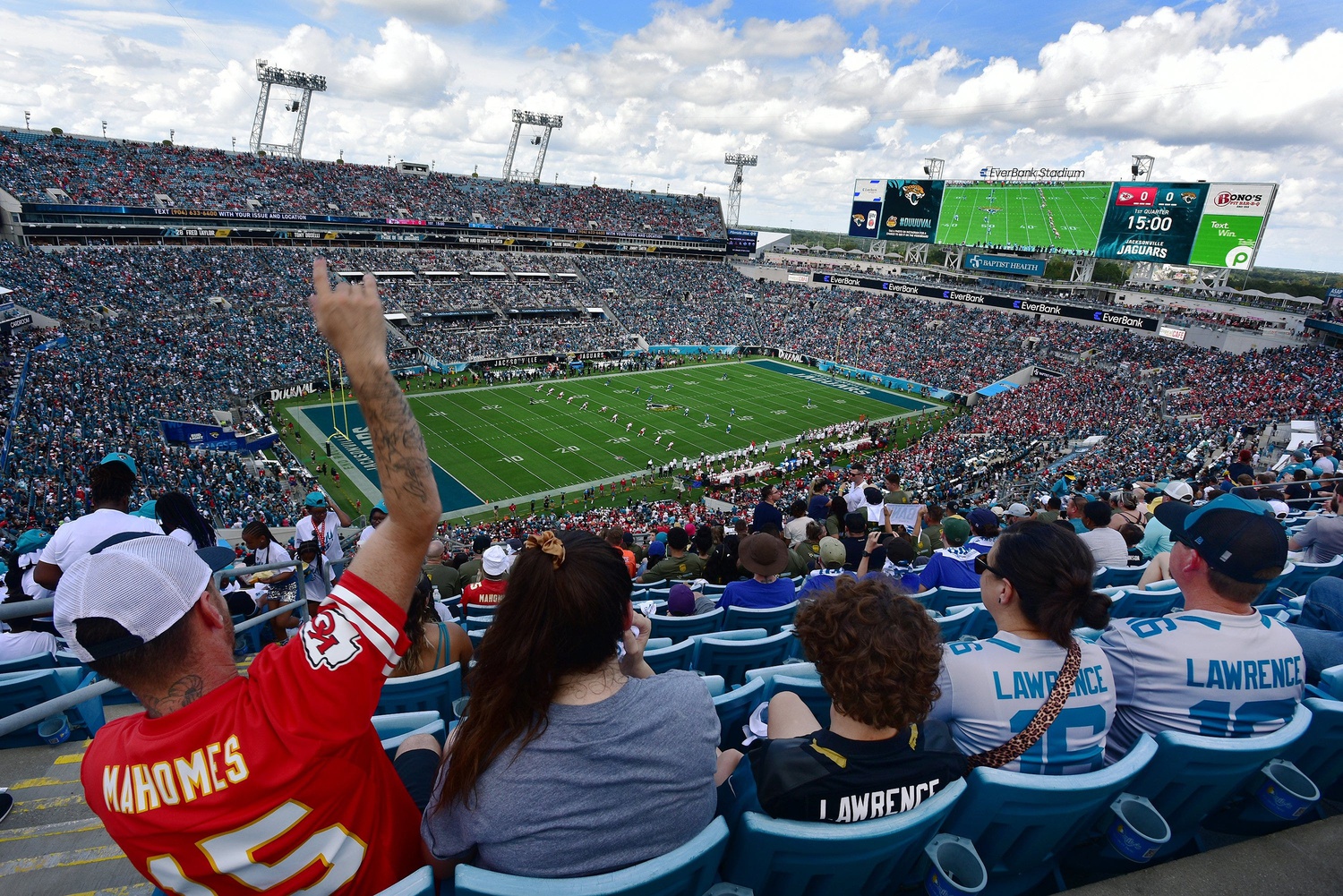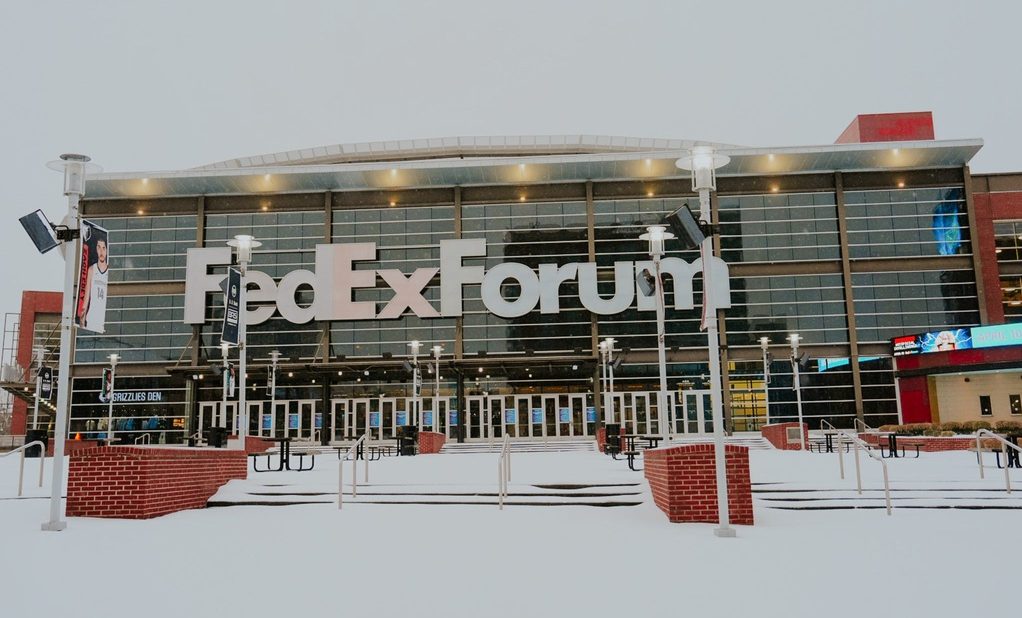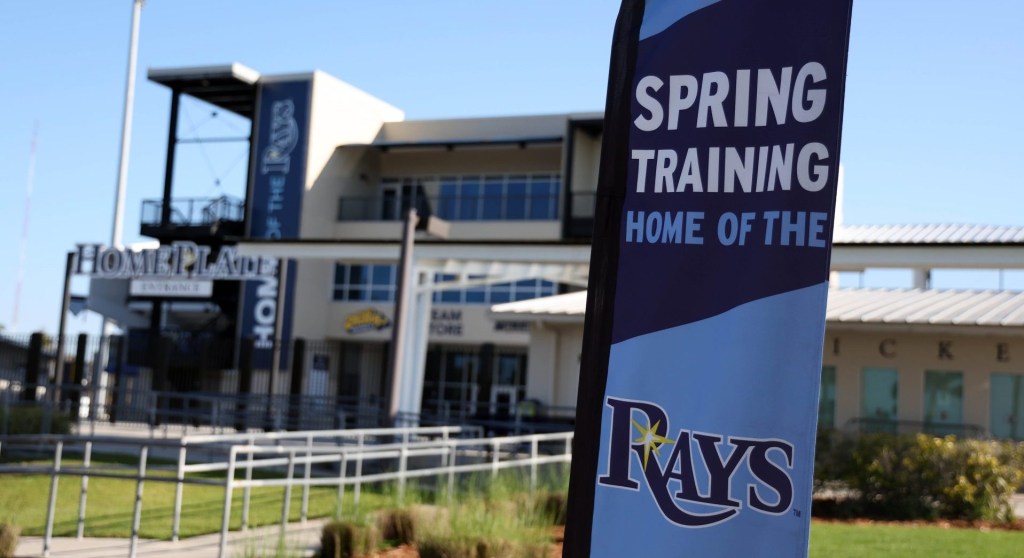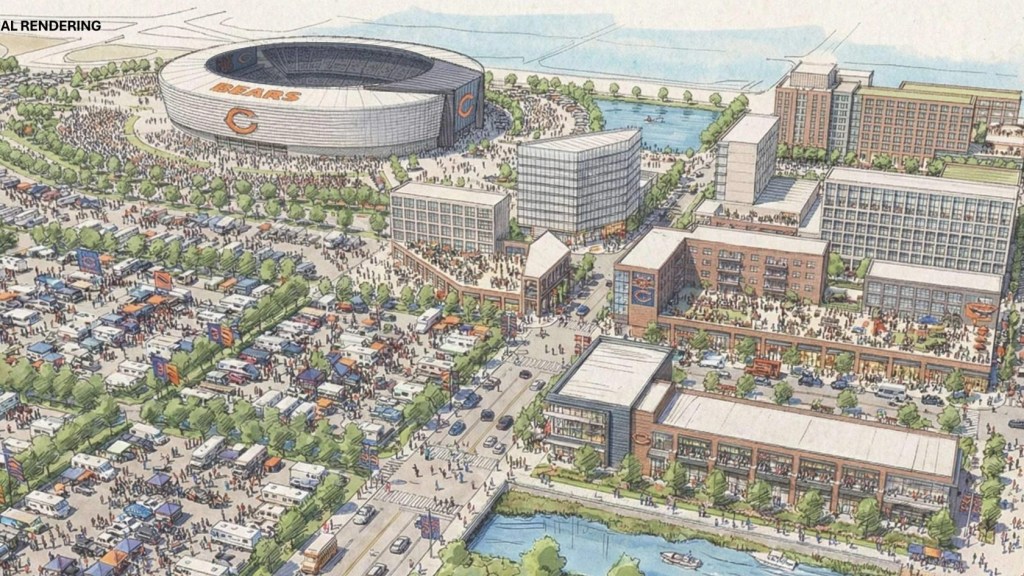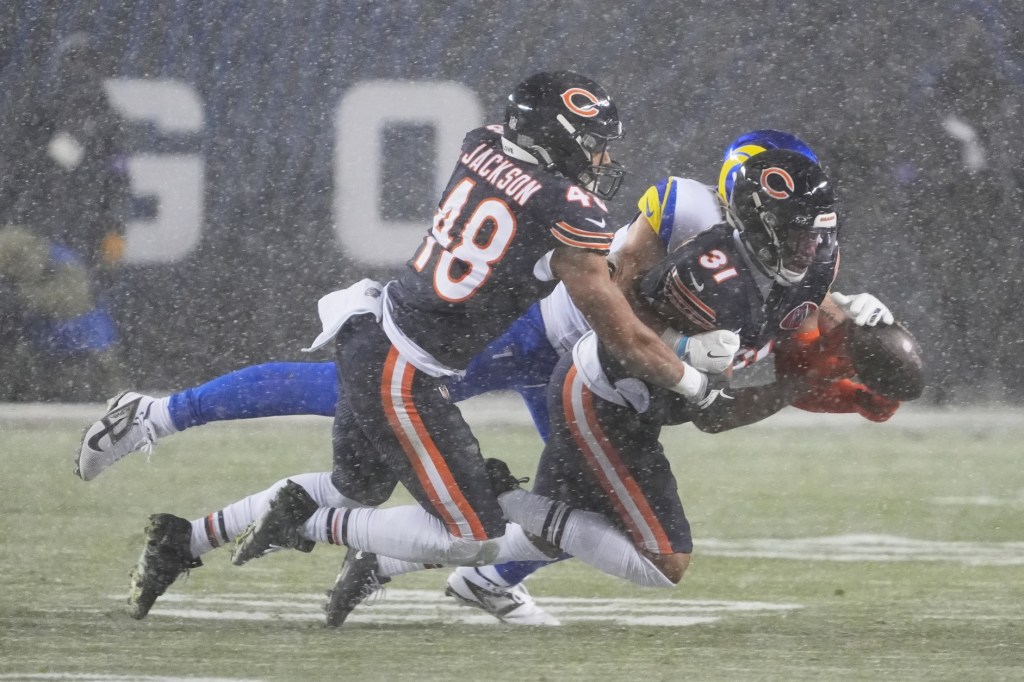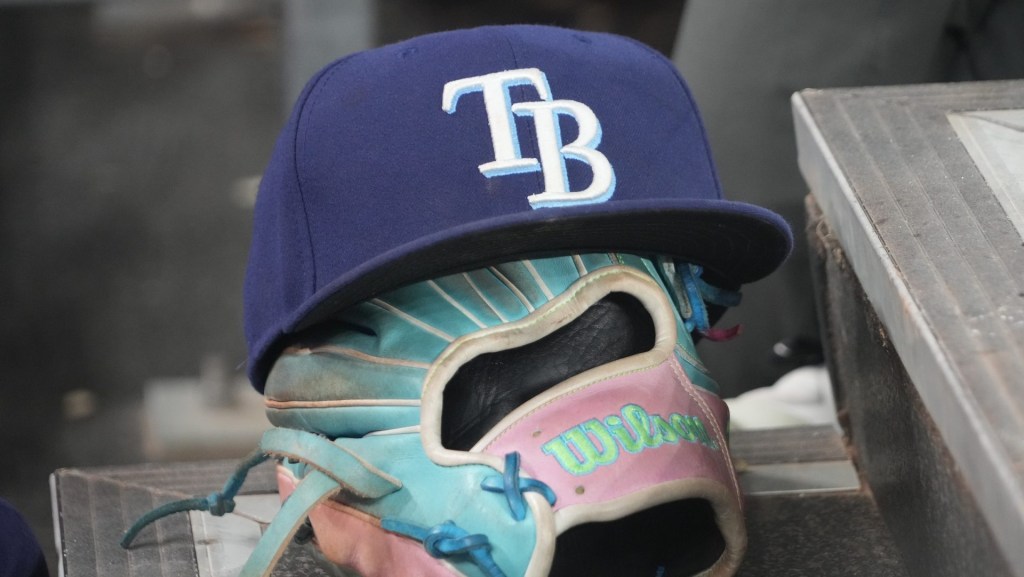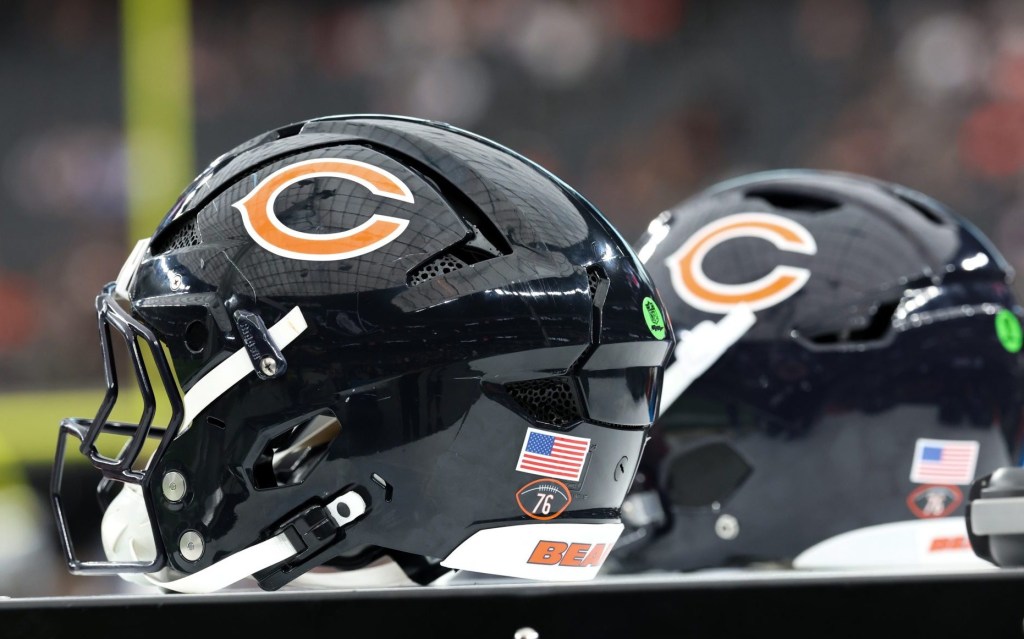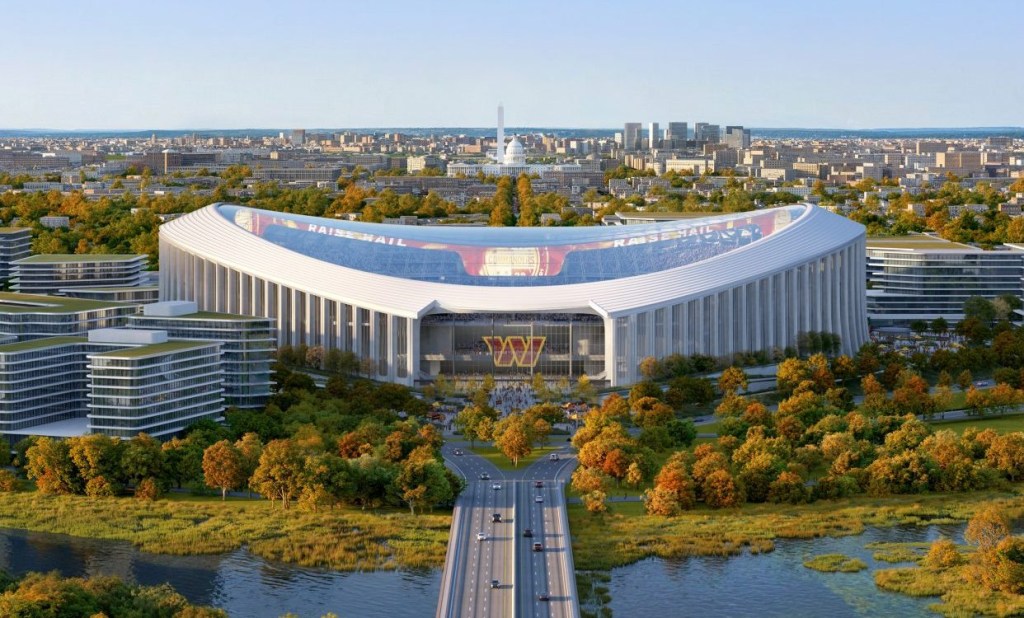It isn’t always an easy process for NFL teams to secure taxpayer funding for venue projects, but the multibillion-dollar franchises typically end up getting their way.
The Jacksonville city council is set to vote Tuesday afternoon on public funding for a $1.4 billion proposal to renovate the Jaguars’ EverBank Stadium (above). All indications point to leaders greenlighting $775 million in city funds. The Jaguars would then be on the hook for the remaining $625 million, plus any cost overruns.
Jacksonville’s presumptive move comes just one day after the Panthers were awarded $650 million from Charlotte officials for upgrades to Bank of America Stadium. The $800 million project will see Panthers and Charlotte FC owner David Tepper initially contribute $150 million to renovations, and be responsible for cost overruns and maintenance over the next 20 years, which are estimated to be around $421 million.
Chiefs, Browns Have Options
Last week, Kansas legislators approved a measure to issue bonds to build new stadiums for the NFL’s Chiefs and MLB’s Royals, should those two clubs choose to move across state lines when their respective leases end in 2031. As much as $3.5 billion could be given to the two franchises, which are exploring alternatives following voters in Jackson County, Mo., rejecting a $2 billion proposal to help fund renovations at Arrowhead Stadium and a new Royals ballpark.
Meanwhile, the Browns are weighing multiple stadium proposals in and around Cleveland. Renovating their current home could cost as much as $1 billion, while building a new venue in the suburbs may take $2.4 billion. Either way, a 50-50 split between private and public funding is likely to be in the works.
Trouble in Chicago?
The NFL team in perhaps the most difficult stadium situation right now might be the Bears. Despite unveiling a $4.7 billion project for a new, domed stadium on the city’s lakefront, questions of where that funding will come from still remain. The Illinois state legislature will have to approve what could be an ask for $2.4 billion, and it won’t be back in session until the fall.
